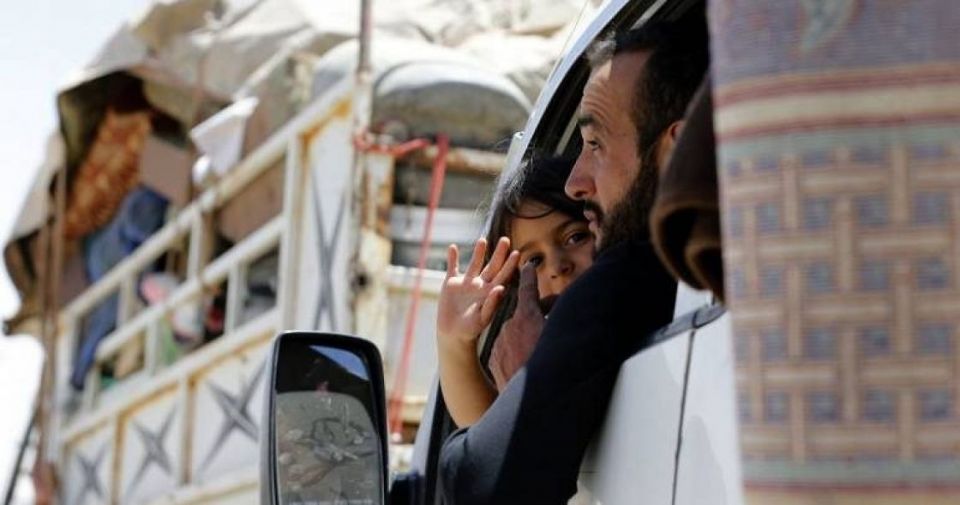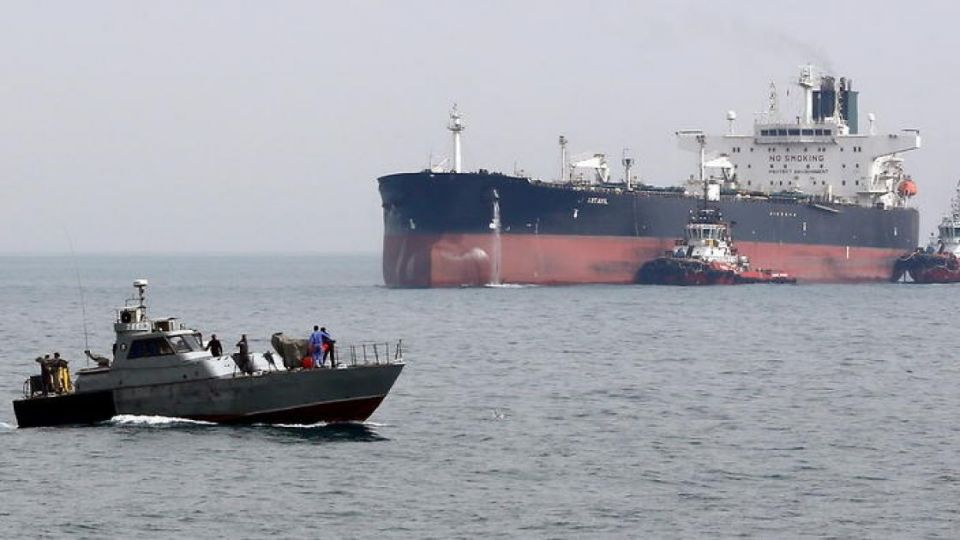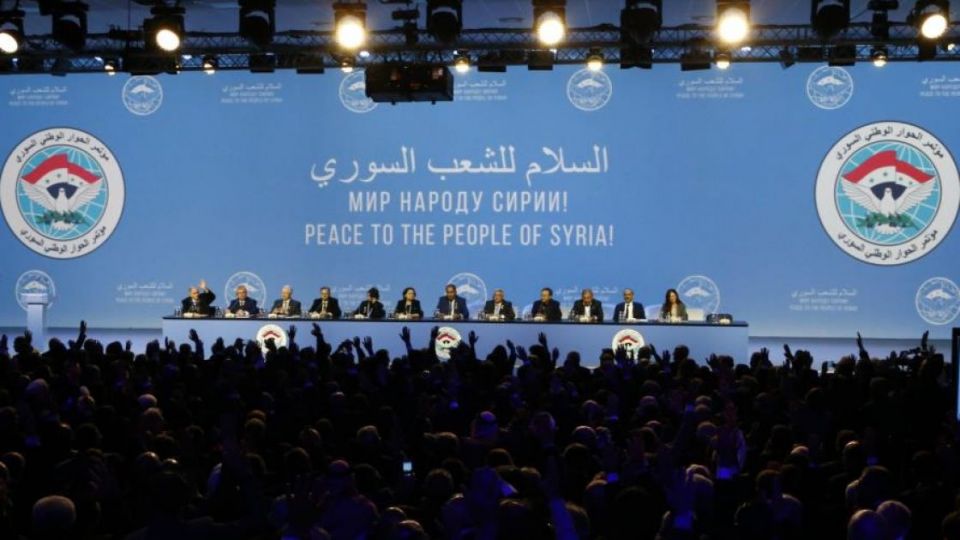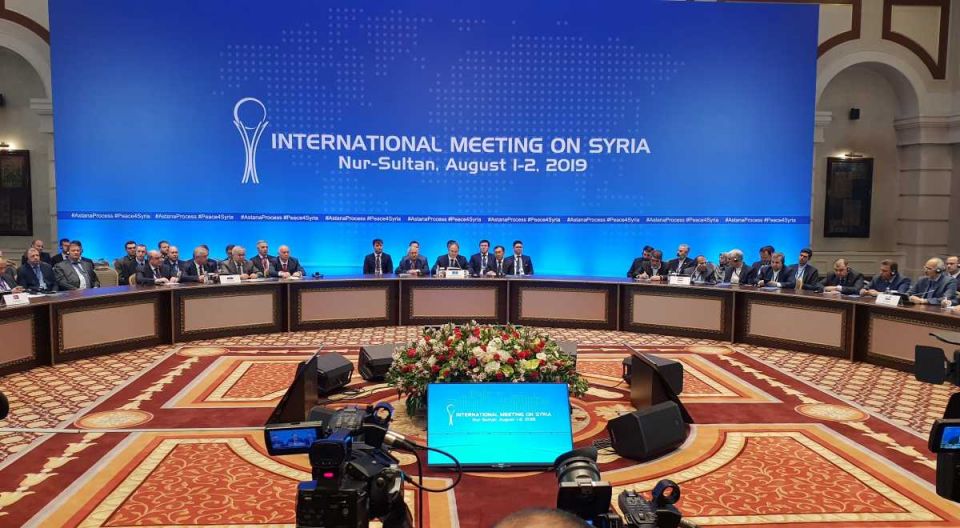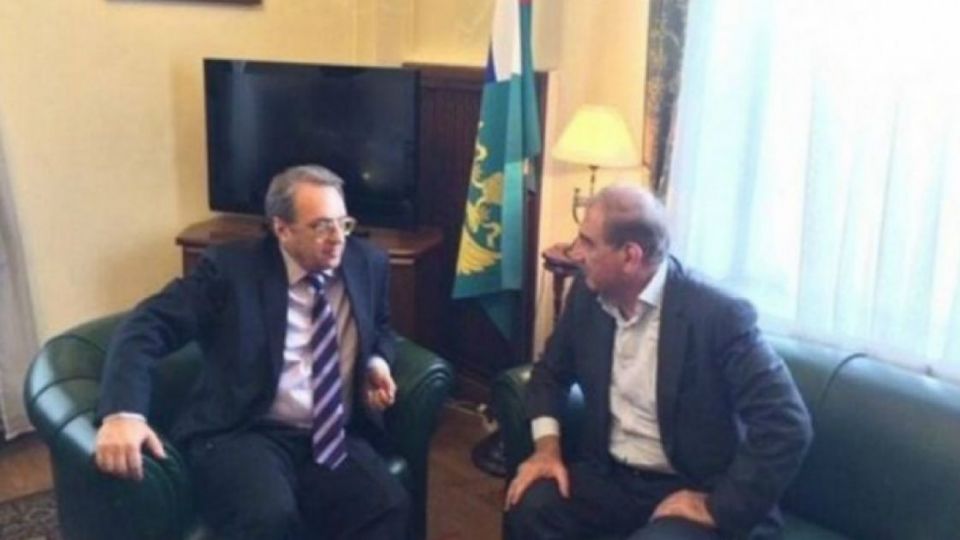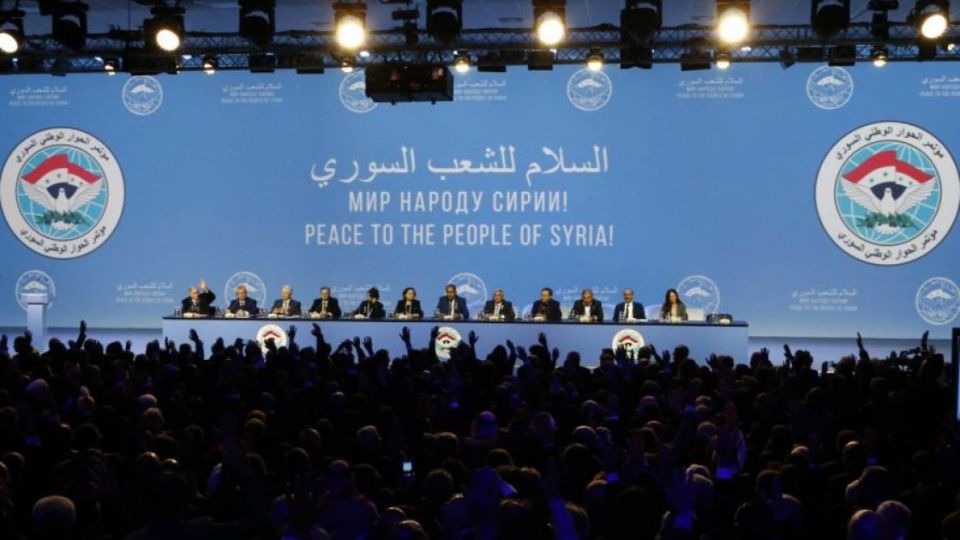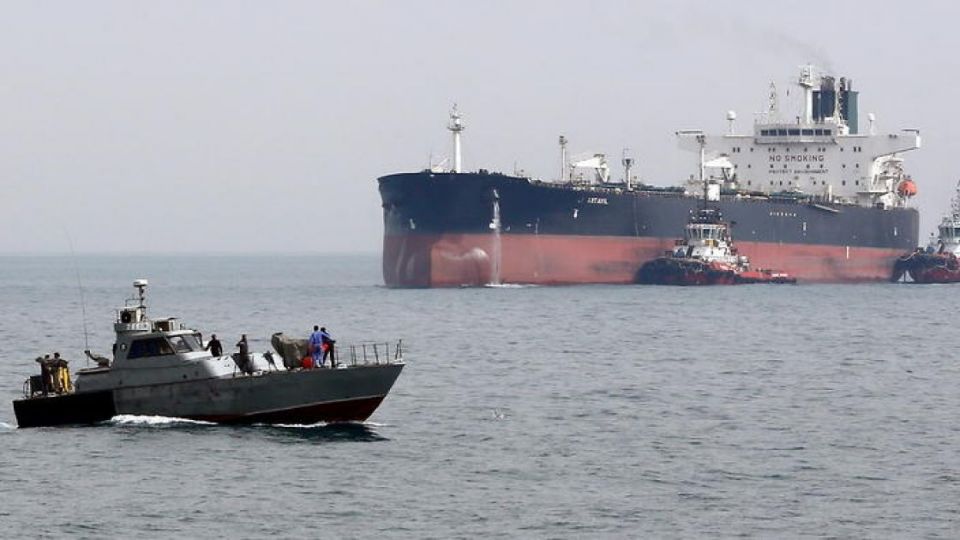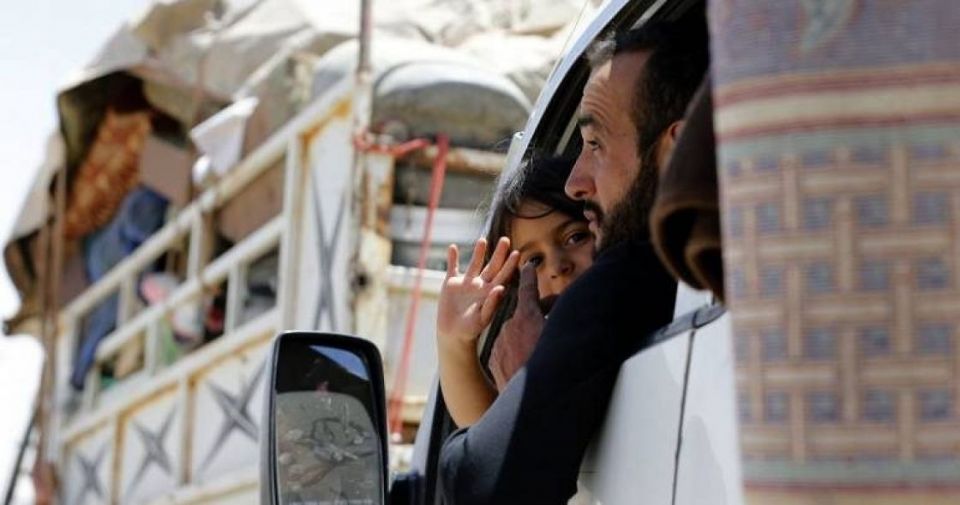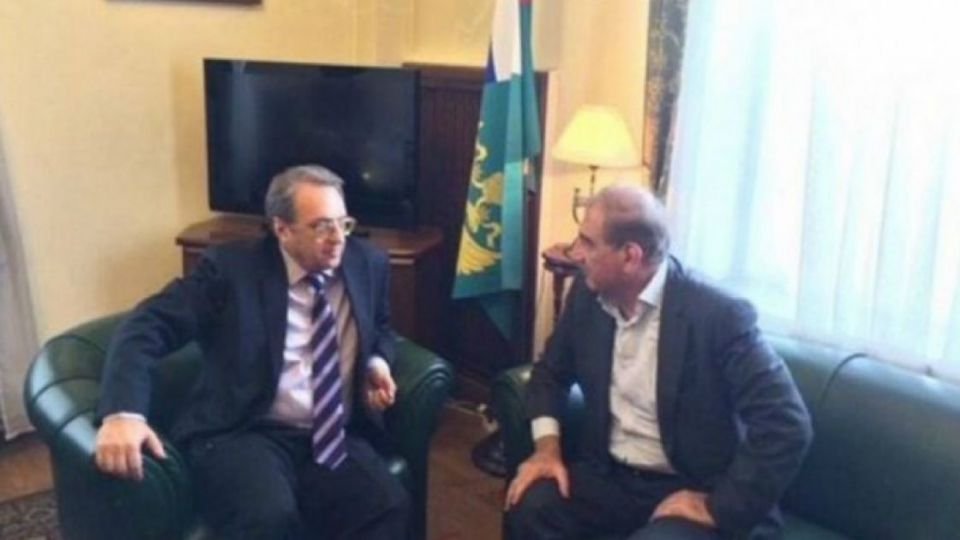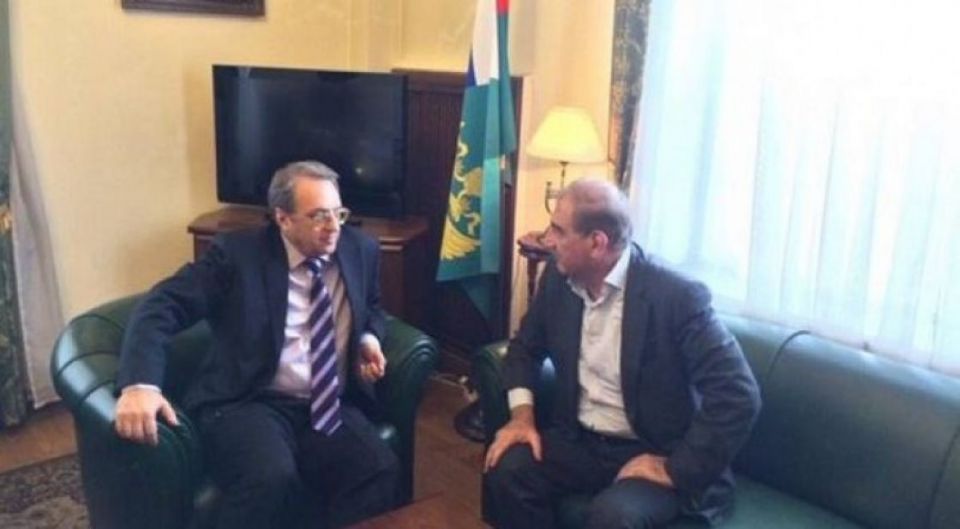
kassioun
email This email address is being protected from spambots. You need JavaScript enabled to view it.
Many years have passed since the debate over which is first: the political solution or the fight against terrorism. That debate proved to be futile. Subsequent developments have shown that the extremists on both sides, who held up to one of the answers, implicitly agreed to extend the duration of the crisis because of the immaturity of "quelling" [the opposition by the regime] nor "overthrowing" [the regime by the opposition] – as their slogans claimed, at a time when the obvious answer was that the two processes [of political solution and fighting terrorism] constitute one integral whole, and cannot be approached except together and in parallel.
It was just a month since Iran downed of the US drone, and the subsequent mutual reactions, until the tension entered a new stage through the tankers-warfare, moving from Gibraltar to the Straits of Hormuz up to Brazil.
Various indicators and data suggest that the announcement of the formation of the Syrian Constitutional Committee is imminent, and this may take place within a few weeks.
The 13th round of Astana concluded its work last Friday, affirming the general line of the Astana meetings, which seeks to complete untying the military knots in order to open the door wide to a political solution.
On August 5, [2019], the Russian Foreign Ministry published on its official website a media report about the meeting between Mikhail Bogdanov and Dr. Kadri Jamil. It reads:
Various indicators and data suggest that the announcement of the formation of the Syrian Constitutional Committee is imminent, and this may take place within a few weeks.
It was just a month since Iran downed of the US drone, and the subsequent mutual reactions, until the tension entered a new stage through the tankers-warfare, moving from Gibraltar to the Straits of Hormuz up to Brazil.
Many years have passed since the debate over which is first: the political solution or the fight against terrorism. That debate proved to be futile. Subsequent developments have shown that the extremists on both sides, who held up to one of the answers, implicitly agreed to extend the duration of the crisis because of the immaturity of "quelling" [the opposition by the regime] nor "overthrowing" [the regime by the opposition] – as their slogans claimed, at a time when the obvious answer was that the two processes [of political solution and fighting terrorism] constitute one integral whole, and cannot be approached except together and in parallel.
[On Wednesday, July 10, 2019] The Special Representative of the President of the Russian Federation for the Middle East and Africa, Deputy Minister of Foreign Affairs of Russia Mikhail Bogdanov received the Member of the leadership of the Syrian Front for Change and Liberation, the Head of the Moscow Platform of the Syrian Opposition Dr. Kadri Jamil.
10 июля специальный представитель Президента Российской Федерации по Ближнему Востоку и странам Африки, заместитель Министра иностранных дел России М.Л.Богданов принял представителя руководства сирийского оппозиционного Фронта за перемены и освобождение, руководителя «Московской платформы» сирийской оппозиции К.Джамиля.


